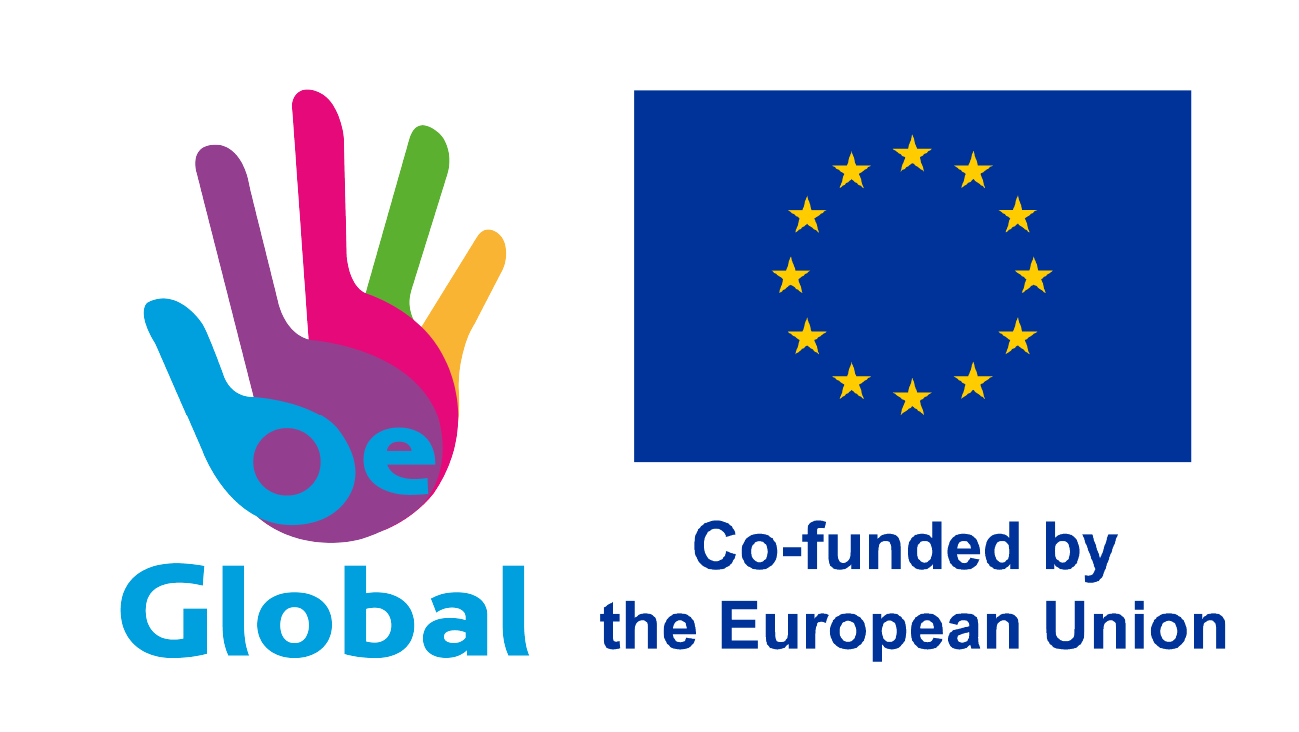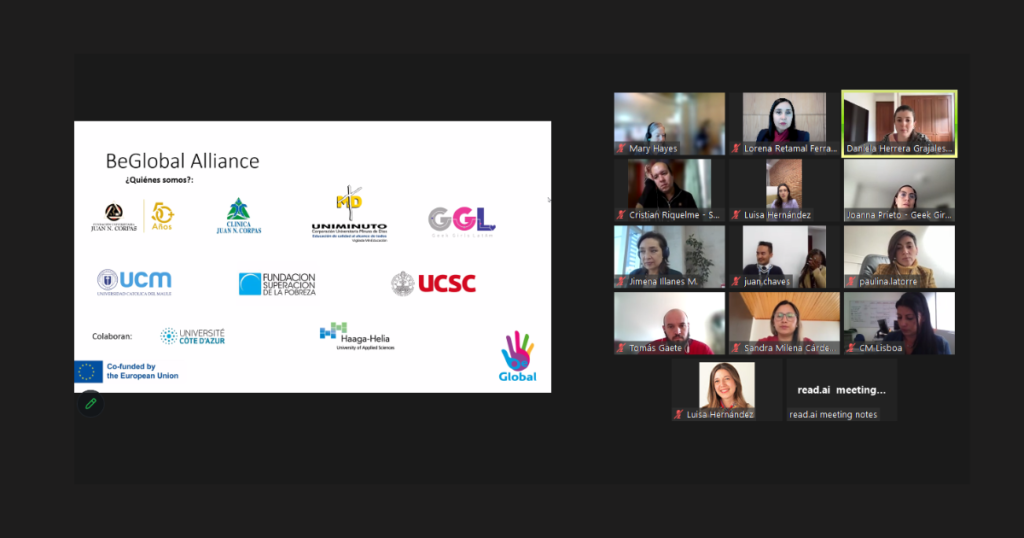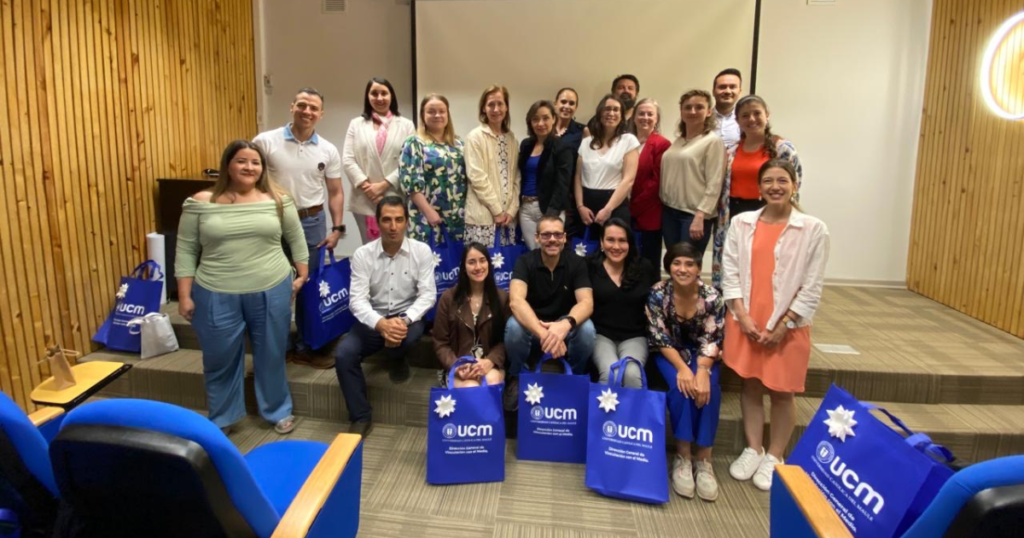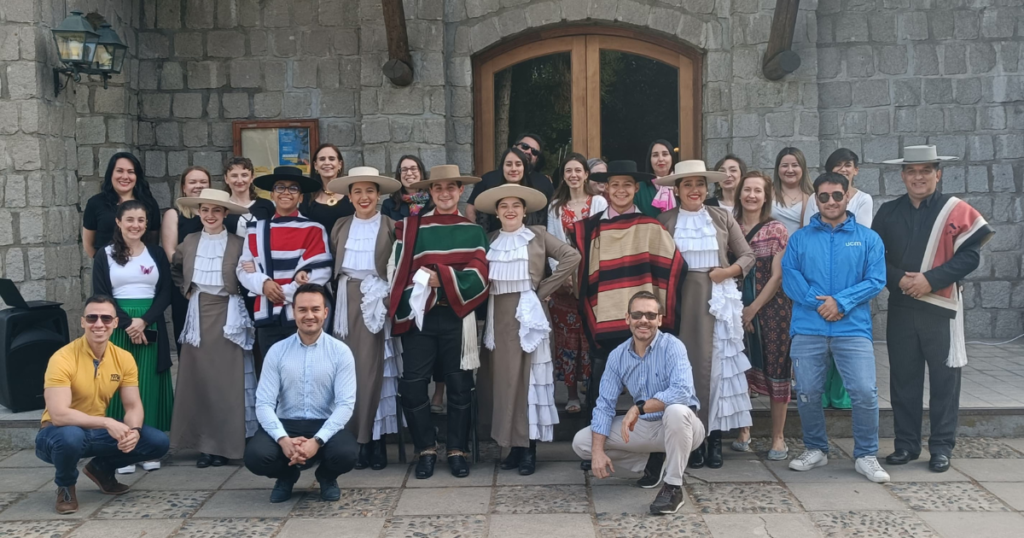The initiative will be carried out by universities in Chile, Colombia, Finland and France.
The BeGlobal Project, co-funded by the European Union Erasmus+ Program, ratified the teams that will carry out the project, which aims to promote the internationalization of higher education and global citizenship in Chile and Colombia.
Six higher education institutions will participate in the project, aiming to create and implement training on global competencies. However, each educational institution has selected a local NGO to incorporate, so that the acquired knowledge may be shared and transferred to the territories they represent in Chile and Colombia.
In this sense, this past May 16th, the alliance was ratified during a virtual meeting lead by the Universidad Católica de la Santísima Concepción (UCSC). During the event, each NGO presented a description of their organization, mission and vision.
Mary Hayes, International Cooperation Coordinator at UCSC, explained that the purpose of the project is “to show that global competencies work to address local challenges”. Because of this, part of the work to be carried out by the Latin American universities and the NGOs will be identifying territorial issues which will then be addressed in pilot courses in 2025.
The Fundación Superación de la Pobreza (Foundation for Overcoming Poverty) is one of the NGOs that will participate in BeGlobal, specifically with UCSC and the Universidad Católica del Maule (both Chilean HEIs).
The Biobío Regional Director, Cristian Riquelme, emphasized the great satisfaction that these types of alliances provide, encouraging work between different sectors, in this case academia and civil society, at a global scale. “We have accepted this invitation as we have been collaborating with the UCSC for several years, and we recognize the university’s tremendous contribution to the different territories that make up the Biobío Region”, he contented.
“We are committed to working with rural communities, that experience isolation and vulnerability, but also to the education of young professionals and academic training, which are tremendous agents of change and can propel local development processes required by the communities who experience disadvantage day to day”, manifested Riquelme.
In addition to the previously mentioned Chilean institutions, Colombia will be represented by two HEIs (Corporación Universitaria Minuto de Dios, and Fundación Universitaria Juan N. Corpas) as well as two NGOs (Geek Girls Latam y Corpas Comunitaria). Furthermore, Haaga-Helia University of Applied Sciences (Finland), and Université Côte d’Azur (France) will collaborate with the Latin American institutions.




